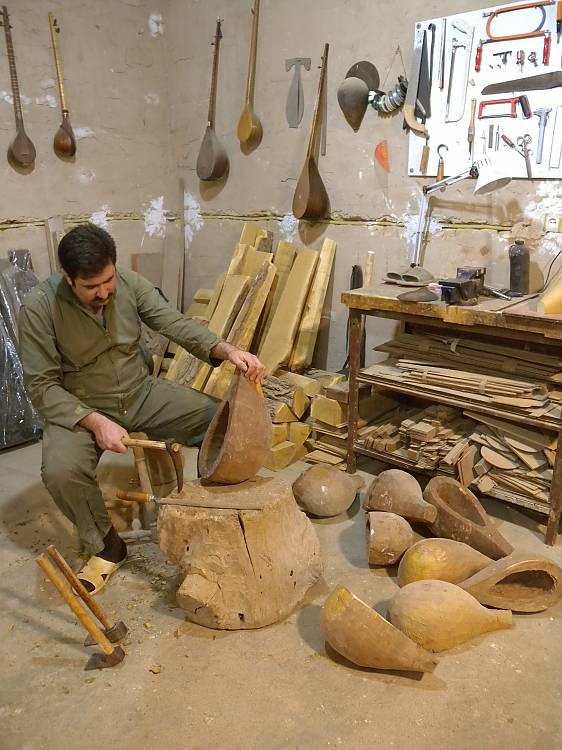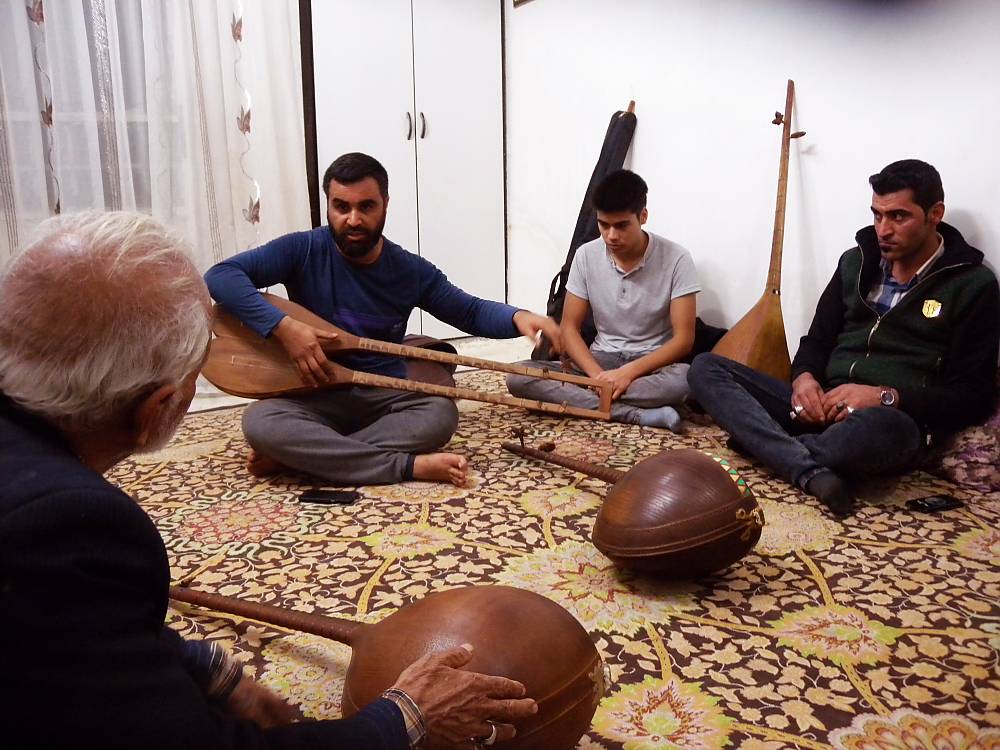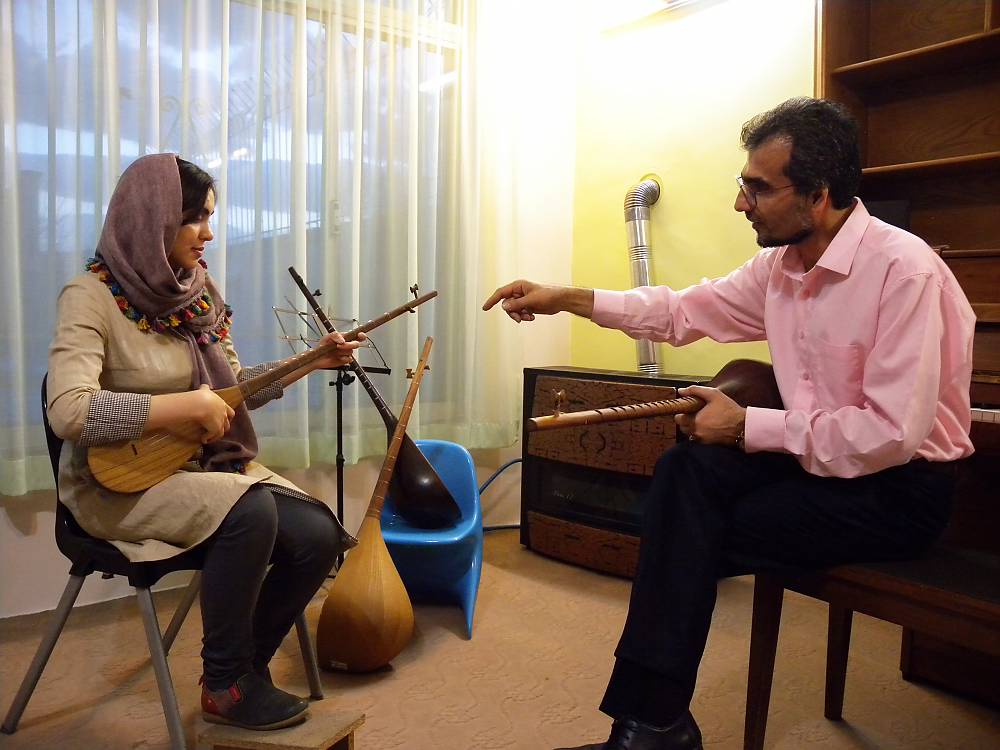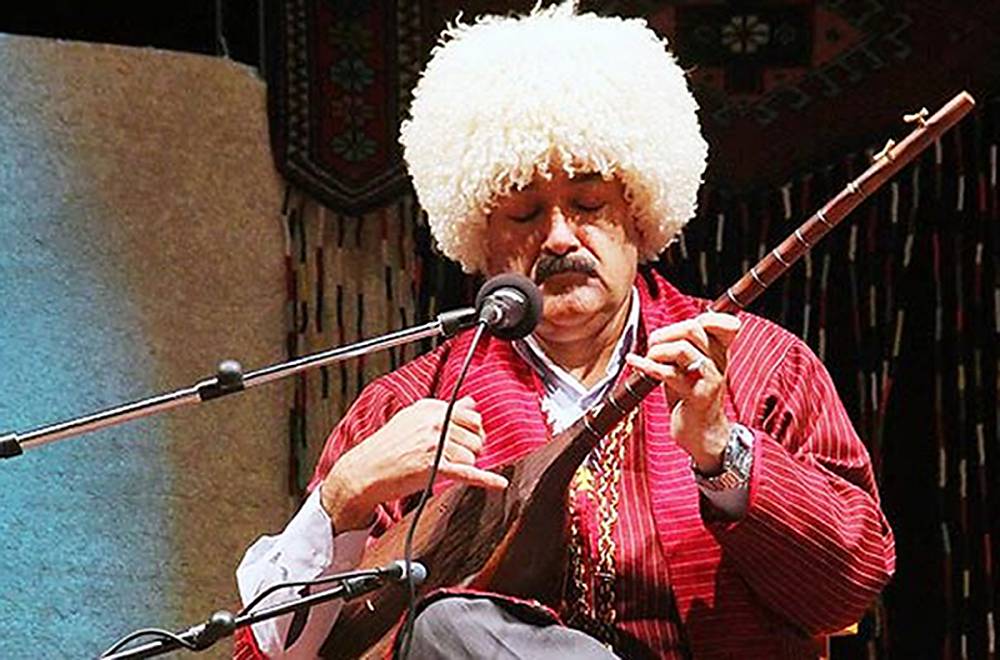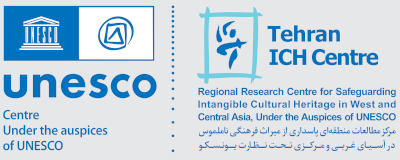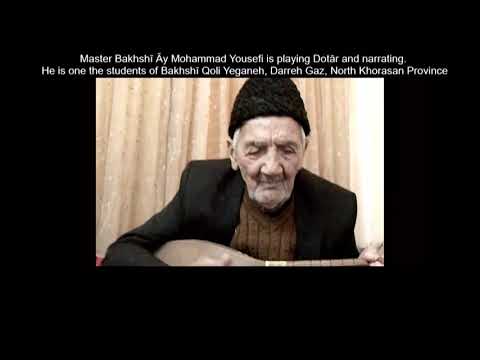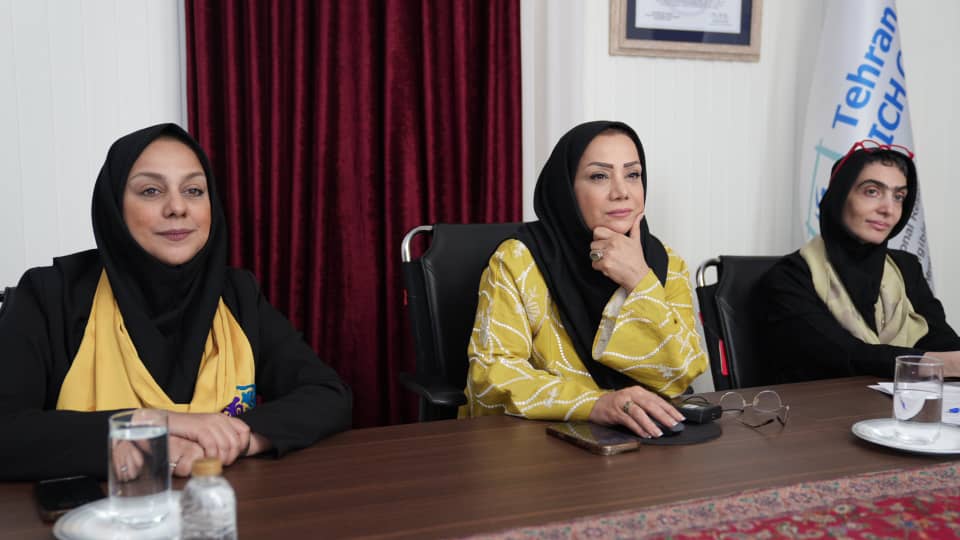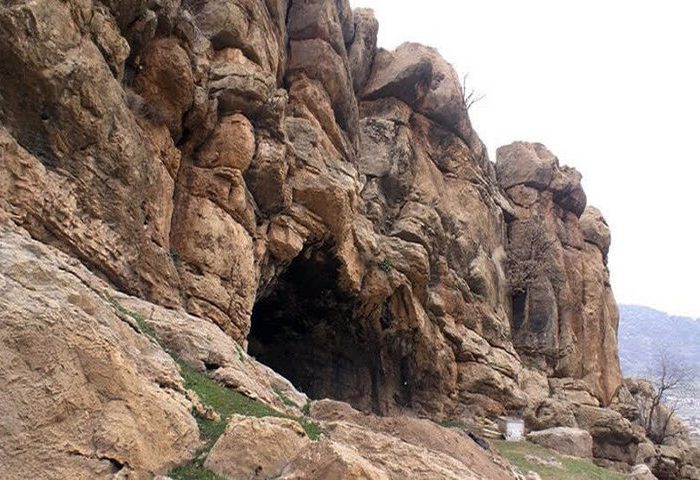The traditional skills of crafting and playing the Dotār are one of the most prominent social and cultural components of the folkloric music among the ethnic groups and communities of the Dotār regions. Bearers and practitioners are mostly farmers, including male crafters and players and female players. The Dotār is a folkloric plucked musical instrument with a pear-shaped bow crafted with dried wood or mulberry tree, a neck made of apricot or walnut wood, and two strings. Some believe one string is male and functions as the accord, while the other is female, playing the main melody. Performers play the Dotār on important social and cultural occasions such as weddings, parties, celebrations and ritual ceremonies. In recent decades, it has also been played in local, regional, national and international festivals. While playing, the players recount epic, historical, lyric, moral and gnostic narrations that are central to their ethnic history, pride and identity. Traditional knowledge relating to crafting and playing the Dotār is passed on informally through the master-student method, and the element is also present in local oral and written literature, which reflects the history and background of the bearers. The element fosters peaceful co-existence, mutual respect and understanding both among different communities and with neighbouring countries.
